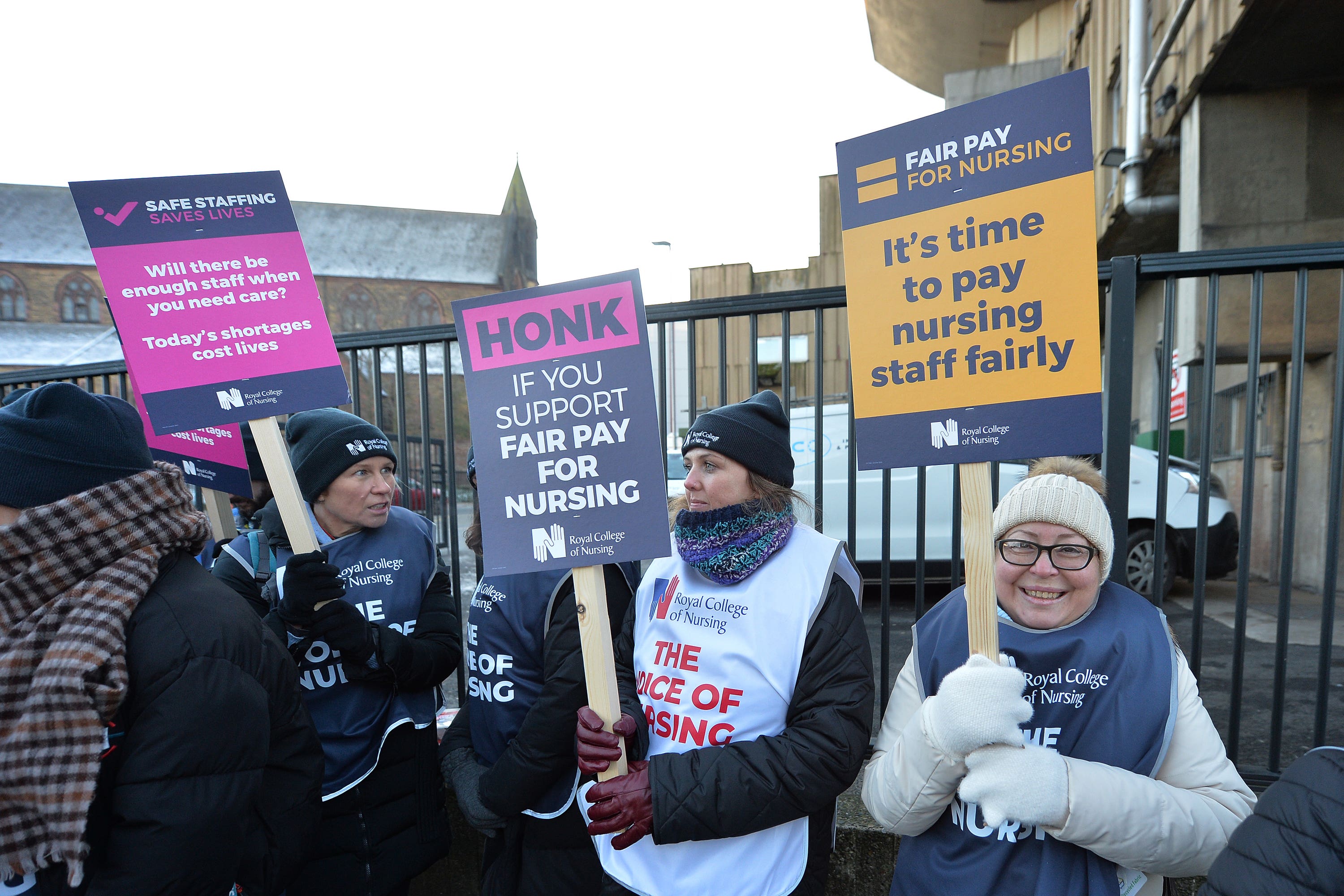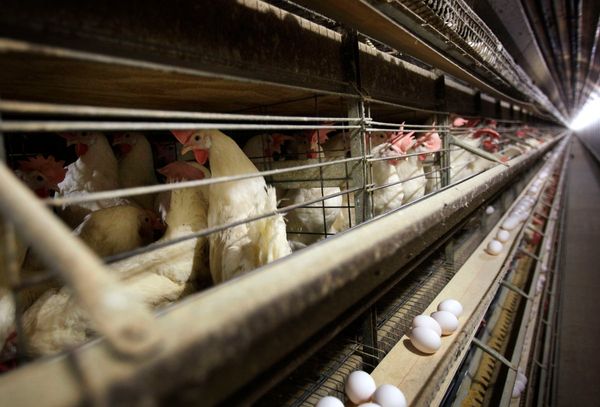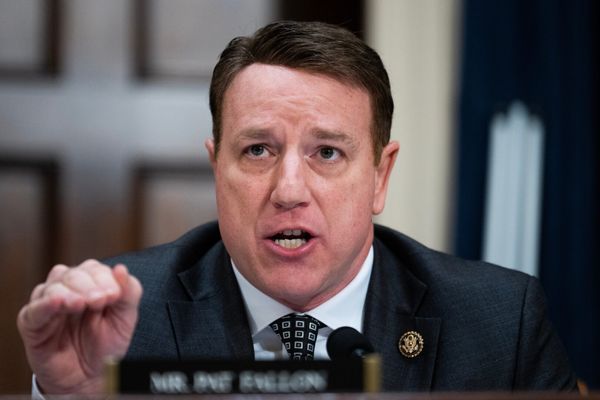
Business secretary Grant Shapps has accused Labour and other opposition parties of “putting lives at risk” by planning to vote against the government’s anti-strike legislation.
The government is being accused of attempting to “steamroller” through its restrictions on strikes in six key sectors, amid mounting anger over the “spiteful” measure.
Labour and the Liberal Democrats oppose the bill, aimed at enforcing minimum levels of service during industrial action. But the former Tory home secretary Priti Patel said the bill did not go far enough and called on the government to widen the list of sectors involved.
It came as teachers in the National Education Union (NEU) announced a 1 February walkout across England and Wales, followed by localised strikes on other dates, while nurses are to stage another two-day strike on 6 and 7 February.
Mr Shapps told Politico that it was “frankly irresponsible for opposition MPs to put the lives of their constituents at risk by voting against this bill today, which is why public polling shows that the public supports our common-sense measure”.
The business secretary insisted that the Tory government “will always protect the right to withdraw labour … this overdue legislation will bring us into line with our European neighbours by providing minimum safety and service levels designed to protect lives”.
Angela Rayner, Labour’s deputy leader, said the government was “pouring petrol on the fire” of strikes with the legislative plan – accusing the government of “threatening nurses with the sack”.
Mr Shapps has not denied NHS and other key workers could be sacked if the bill passes, but played down the prospect of staff being fired for refusing to work in line with the new law.
“Today’s Conservative Party has resorted to threatening nurses with the sack because they can’t stomach negotiation,” said Ms Rayner.
She added: “This shoddy, unworkable bill won’t do a thing to help working people or avoid strikes. Instead of getting round the negotiating table to resolve disputes, they’re pouring petrol on the fire.”
Mr Shapps was previously accused of an “outrageous slur” after he claimed that unions representing ambulance staff were “putting lives at risk” with their approach to minimum cover during strikes – highlighting the lack of national agreement.
Unions embroiled in bitter disputes in the public sectors and railways say the new legislation will do nothing to help achieve a breakthrough and will only make matters worse.
The Trades Union Congress (TUC) called on MPs of all parties to reject the “spiteful” legislation to restrict strikes, which it says is “shortcutting” normal scrutiny procedures.
If passed, the law will mean that when workers vote to strike in health, education, fire, transport, border security and nuclear decommissioning, they can be forced to work and sacked if they do not comply, said the union organisation.
Fire Brigades Union general secretary Matt Wrack said a protest outside parliament was the start of a “mass movement” of resistance against the law.
Rail, Maritime and Transport (RMT) leader Mick Lynch said the “violation of democratic norms and values” will be strongly opposed by his union and the entire labour movement “in parliament, the courts and the workplace, if it is put on the statute books”.

The Strikes (Minimum Service Levels) Bill will look to enforce minimum levels of service from NHS staff, firefighters and railway workers during any industrial action
It will also cover education, border security and nuclear decommissioning sectors – but Mr Shapps said he hopes that voluntary agreements can be reached with unions to avoid having to use the legislation’s powers. As MPs debated the plans, Mr Shapps said that strokes and heart attacks did not respect the boundaries of NHS Trusts .
He also warned that life would be made “harder for every single family” in the country if the Government agreed to “inflation-busting” pay demands.
Labour also questioned the business secretary’s claim that minimum safety cover legislation has been effective in France and Spain.
Analysis by Sir Keir Starmer’s party found that France lost eight times as many days to strikes as the UK, and Spain five times as many, in the past three years.
Ms Rayner said: “Ministers are desperately seeking to justify this legislation by using disingenuous comparisons with France and Spain. This just won’t wash, as both lose significantly more days to strikes than the UK.”
MPs get the chance to debate the bill for the first time and vote to put it through to the next stage. Some Tory rebels could vote for the bill – to keep it alive in the hope that the government will accept amendments on it – even if they end up ultimately voting against it.







